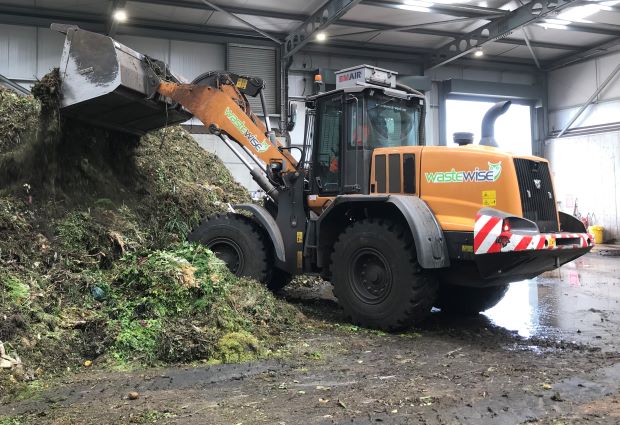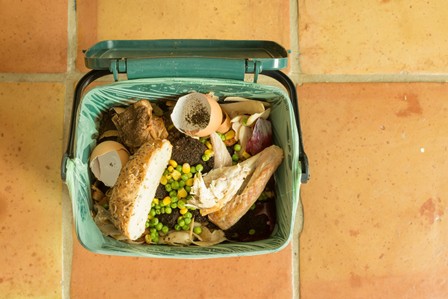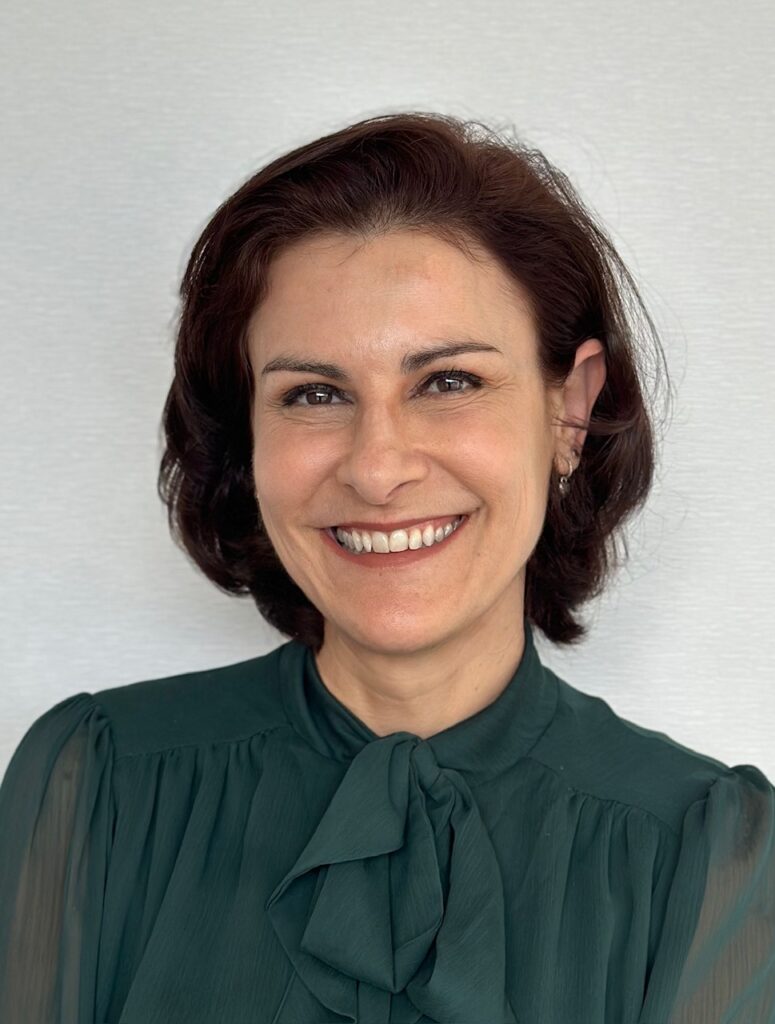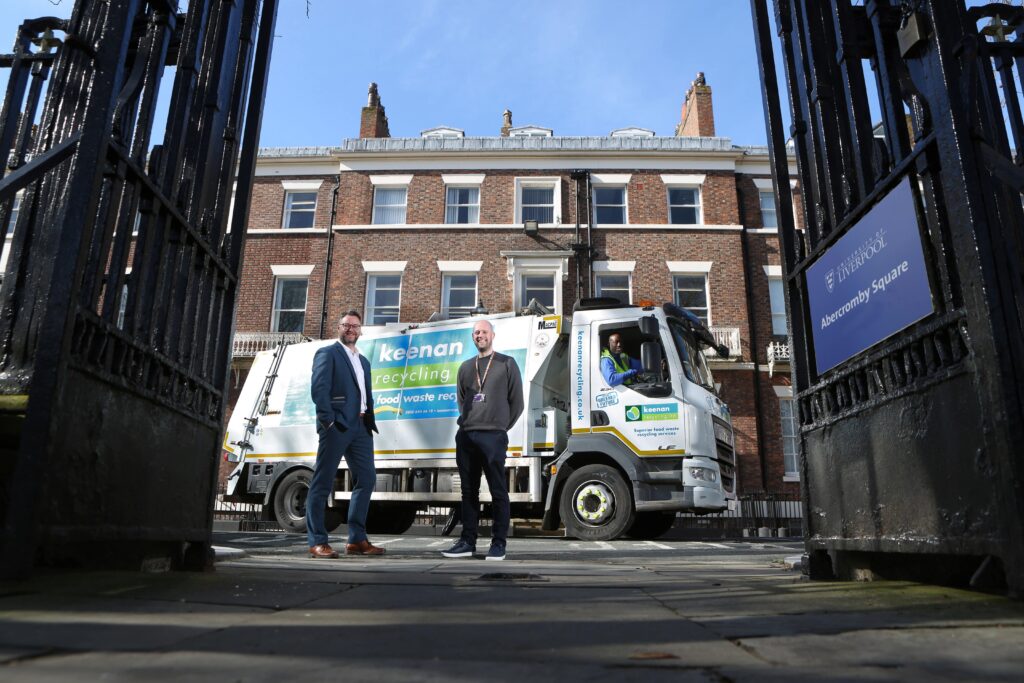And, recyclers fear that the Department’s stance could restrict local authorities from choosing the most cost-effective collection system for their food waste.
The consistency consultation, which closed for responses on Sunday (4 July), proposes that all local authorities transition to a weekly separate food waste collection service for all households as quickly as current contracts allow.
However, some recyclers argued that while the consultation states IVC as an option for food waste recycling, it fails to recognise that a “principal tenet” of IVC and associated gate fees is the ability for councils to offset costs through fortnightly collections rotas.
While recyclers reiterate that they strongly support the policy objective of food waste recycling, concerns remain that the language used in the document is too prescriptive towards using Anaerobic Digestion (AD) and largely ignores the IVC sector.

CIVCO
The organisation – the Consortium of In-Vessel Composting Operators (CIVCO) – which is made up of organics recyclers Biowise, Envar, Brosters Environmental, Vital Earth, and Ryedale Organics, has responded to the consultation as a body, addressing these concerns.
In its response, it explains that while it supports the policy objective, it strongly disagrees with the proposal to implement mandatory separate food waste collections as it believes that Defra will be “wilfully inducing multiple breaches of contracts”.
It added that the potential for this outcome does not appear to have been “recognised nor understood” by policy makers in formulating these proposals.
The consortium also argued that local authorities currently providing fortnightly commingled food and garden waste collections, such as East Riding of Yorkshire, Rochford district, and Stratford upon Avon district, currently rank in the top 11 national recycling rate rankings.
‘Fighting hard’
Biowise is the organics recycling arm of Wastewise, which is an IVC operator based in the North.

Ian Morrish, managing director at Wastewise, said that while the company remains supportive of an increase in food waste recycling, it believes policy should “stop short” of favouring one collection method or treatment technology over another.
He continued: “Local suthorities are best placed to undertake a technoeconomic assessment of the available options and to make an informed choice of the solution that best suits their area. As written, the consultation would make this choice difficult and in the very worst case present some significant challenges for the IVC sector whilst stifling any future innovation in the organic waste treatment sector, such as dry AD or other emerging technologies.”
Similarly, Bob Wilkes, operations and development director for Wastewise added that to insist on weekly collections of food waste prevents local authorities from choosing the best solution for their residents and individual geographical challenges.
Mr Wilkes said: “We know this is not what our local authority customers want and that they are fighting hard against it.”
‘Detrimental impact’
As the current proposals stand, Surrey based organics recycler Envar believes it will have a “detrimental impact” on the IVC sector.
“Comingled collections are already achieving high food waste capture for many high performing councils,” – Kate Stansfield, Envar
Kate Stansfield, interim operations director and project consultant at Envar explained: “Separate food waste collection is not the only choice – comingled collections are already achieving high food waste capture for many high performing councils.
“Our calculations are that the true cost of investment required to segregate all collections will far exceed the £200 million estimate in the consultation document. The proposals will also have a detrimental impact on IVC businesses.”
REA
The Renewable Energy Association (REA) is aware of the concerns and said that the outcome of these proposals depends on the technically, environmentally, and economically practicable (TEEP) exemptions.
“We are concerned about the ongoing viability of existing IVC assets,” – Jenny Grant, REA
Jenny Grant, head of organics and natural capital at the REA explained: “We are still canvassing members’ views on this, but we are concerned about the ongoing viability of existing IVC assets.
“We are likely to be supportive of local authorities being given the flexibility to make their own decisions on collections – if compliant with the Environment Bill’s requirements – as they are best placed to assess their own circumstances.”











Subscribe for free